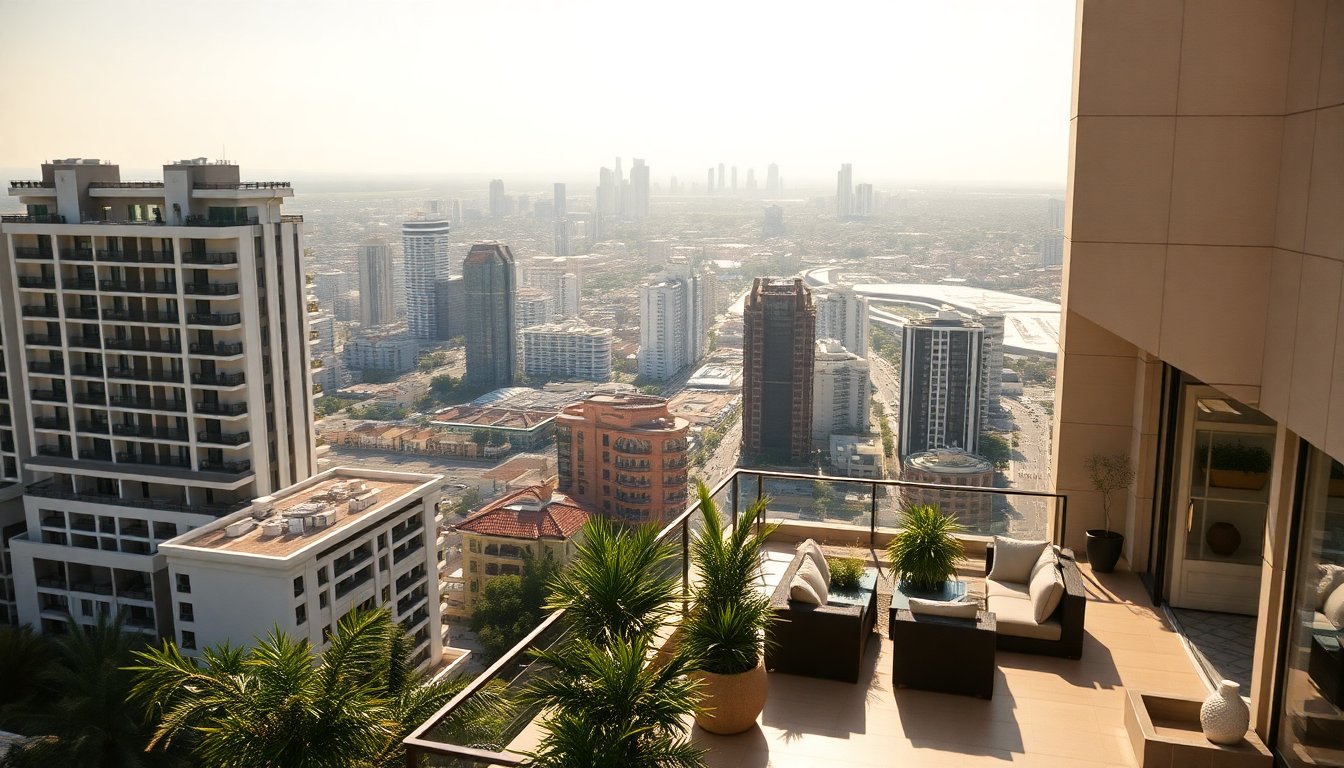Table of Contents
In today’s interconnected world, the real estate market is increasingly influenced by global geopolitical events. From military conflicts to international resolutions, the stability of a region can significantly affect property values and investment potential. This article delves into the implications of recent events in Gaza and Israel, providing insights into how such occurrences can reshape the landscape of luxury real estate.
Market Overview: Current Trends and Data
As we analyze the current state of the real estate market, it is essential to consider data from credible sources such as OMI and Nomisma. Recent reports indicate fluctuations in property values closely tied to geopolitical stability. For instance, areas experiencing conflict or unrest often see a dip in property demand, while regions perceived as safe and stable tend to witness an uptick in investments.
The luxury sector is particularly sensitive to these dynamics. High-net-worth individuals are likely to reassess their investment strategies in light of geopolitical tensions. The mantra in real estate remains: location, location, location. Properties in areas with historical stability often retain their value better during crises compared to those in volatile regions.
Analyzing Key Areas and Property Types
When evaluating the most interesting zones for investment, it is crucial to look at recent trends. Areas historically known for their luxury appeal, such as central Milan or exclusive neighborhoods in major cities, may remain resilient despite geopolitical upheavals. Conversely, regions directly affected by conflicts, like parts of the Middle East, may experience significant declines in interest and value.
Furthermore, the type of properties plays a vital role. Luxury apartments and villas in prime locations are more likely to attract investors even during turbulent times due to their inherent value and appeal. The data on ROI and cash flow for these properties often remains favorable compared to standard residential offerings in less desirable areas.
Price Trends and Investment Opportunities
In terms of price trends, we are witnessing a dichotomy. While some regions are experiencing price corrections due to political instability, others benefit from increased interest as investors look to diversify their portfolios in safer markets. This creates a unique opportunity for savvy investors to capitalize on undervalued properties.
Investors should pay close attention to the cap rate in various markets, as it can indicate the potential return on investment. Properties in stable locations may offer lower cap rates but provide a more secure cash flow, whereas those in emerging markets present higher risks but also the potential for greater returns in the long run.
Practical Advice for Buyers and Investors
For prospective buyers and investors, staying informed on geopolitical developments is essential. Understanding the context surrounding real estate investments can lead to more informed decision-making. Additionally, collaborating with local market experts can provide valuable insights into current conditions and future trends.
Investors should also consider conducting thorough due diligence before committing to purchases. Evaluating the long-term viability of a property and its location in relation to geopolitical factors is crucial to minimizing risks. Remember, in real estate, location remains the most critical factor influencing value and investment potential.
Medium-Term Forecasts
Looking ahead, the medium-term outlook for the luxury real estate market will largely depend on the resolution of ongoing geopolitical issues. If stability can be established in conflict-prone regions, we may witness a rebound in property values. Conversely, prolonged instability could deter investment and lead to further price declines.
As we analyze the current state of the real estate market, it is essential to consider data from credible sources such as OMI and Nomisma. Recent reports indicate fluctuations in property values closely tied to geopolitical stability. For instance, areas experiencing conflict or unrest often see a dip in property demand, while regions perceived as safe and stable tend to witness an uptick in investments.0


